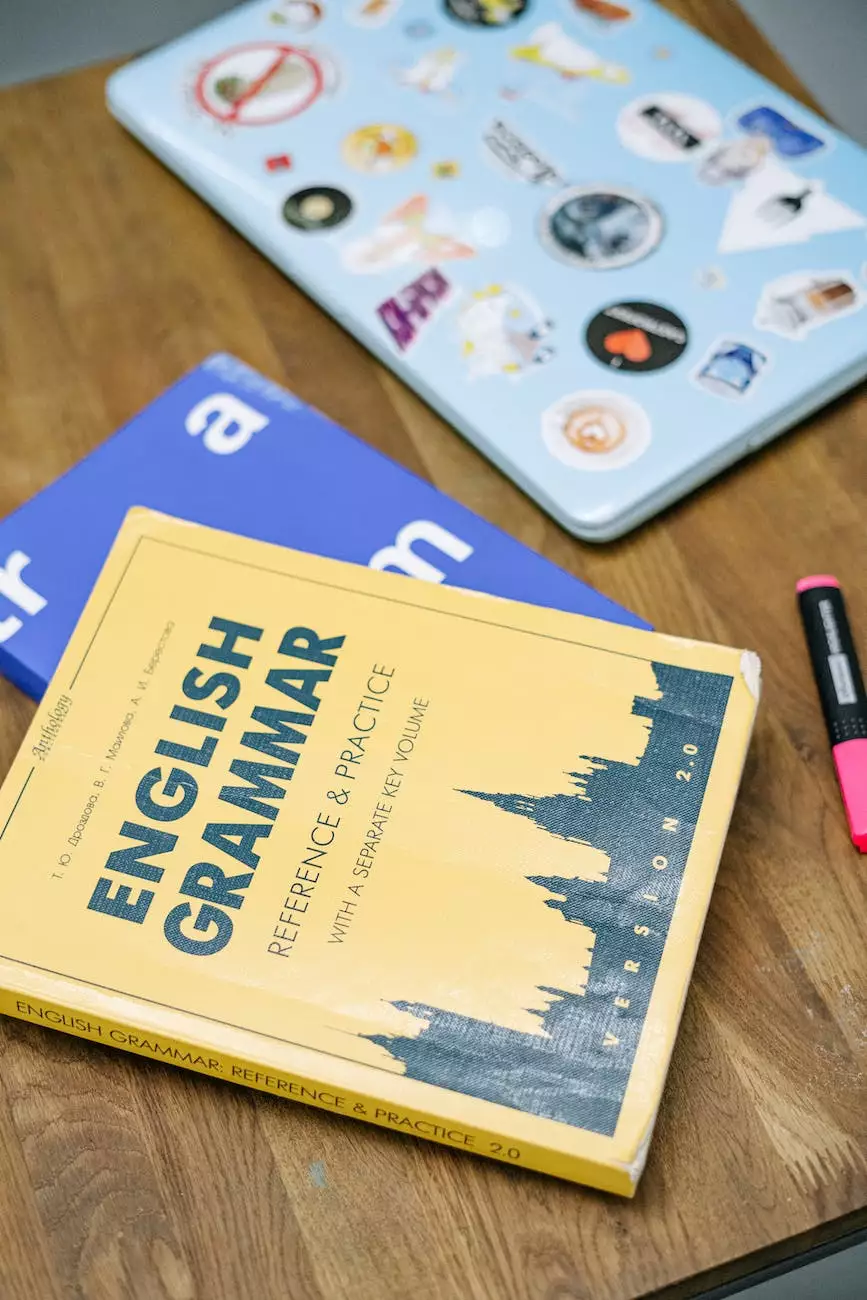Be Off – Phrasal Verb English Lesson
English Grammar Lessons
Introduction
Welcome to NJCLT's comprehensive English lesson on the 'Be Off' phrasal verb. In this lesson, we will explore the various meanings, usage, and examples of this commonly used phrasal verb. Whether you are a beginner or an advanced learner, this lesson will provide you with valuable insights and practical examples to help improve your English language proficiency. Let's dive in!
Meaning and Usage
The phrasal verb 'Be Off' carries multiple meanings and can be used in different contexts. Below, we have outlined the primary uses of 'Be Off':
1. Departure
'Be Off' is often used to express the act of leaving or departing from a place. For example:
- Example 1: She is off to the airport to catch her flight.
- Example 2: We need to be off early tomorrow for our road trip.
2. Absence
'Be Off' can also indicate a temporary absence or being away from a particular location. Consider the following examples:
- Example 1: John is off sick today; he won't be able to attend the meeting.
- Example 2: The teacher is off on vacation, classes will resume next week.
3. Cancelled or Not Functioning
In some cases, 'Be Off' can imply that something is not functioning or has been cancelled. Here are a few instances:
- Example 1: The match has been called off due to bad weather conditions.
- Example 2: Sorry, the elevators are currently off for maintenance.
Examples in Context
Now that we have covered the main meanings of 'Be Off,' let's explore some examples in context:
Example 1:
Tom: Are you ready to go to the concert?
Lisa: Yes, I'm all set. Let's be off before it gets too crowded.
Example 2:
James: Where is Sarah?
Emily: She's feeling unwell today. She had to be off work.
Example 3:
Reporter: Is the football match still happening despite the rain?
Coach: No, it has been called off due to the heavy downpour.
Conclusion
Congratulations! You have successfully gained a better understanding of the 'Be Off' phrasal verb. Remember, practice is key to mastering the English language, so make sure to use this phrasal verb in your everyday conversations to solidify your knowledge. NJCLT is your trusted learning partner, offering a wide range of free English lessons to help you achieve fluency. Join us today and embark on your language learning journey!










